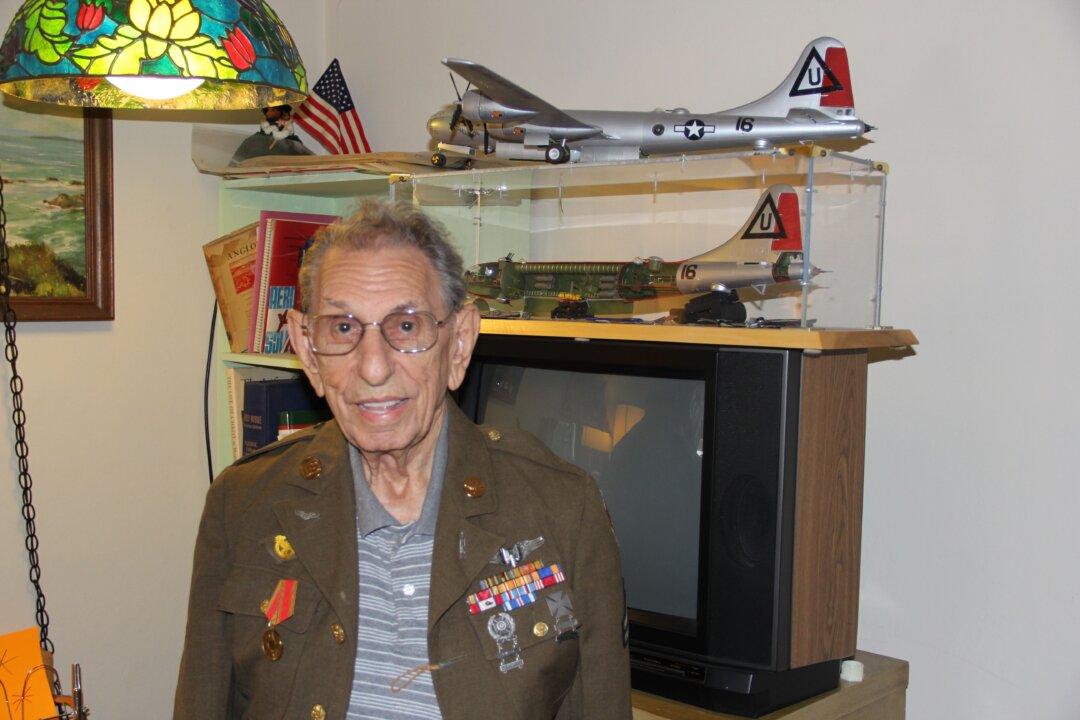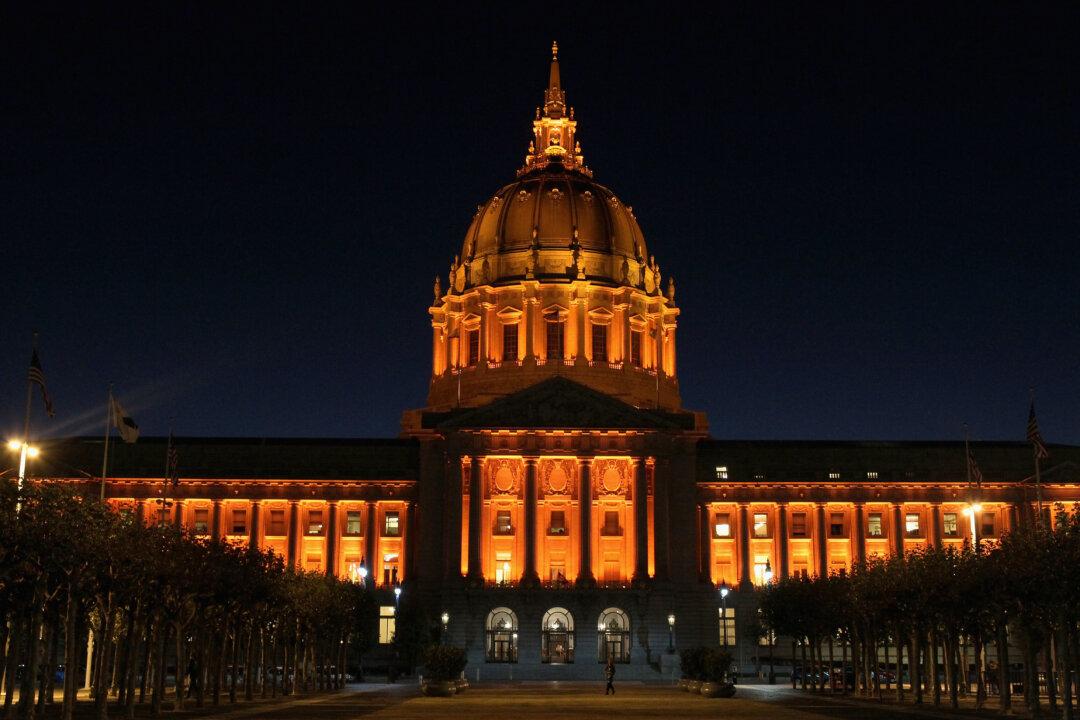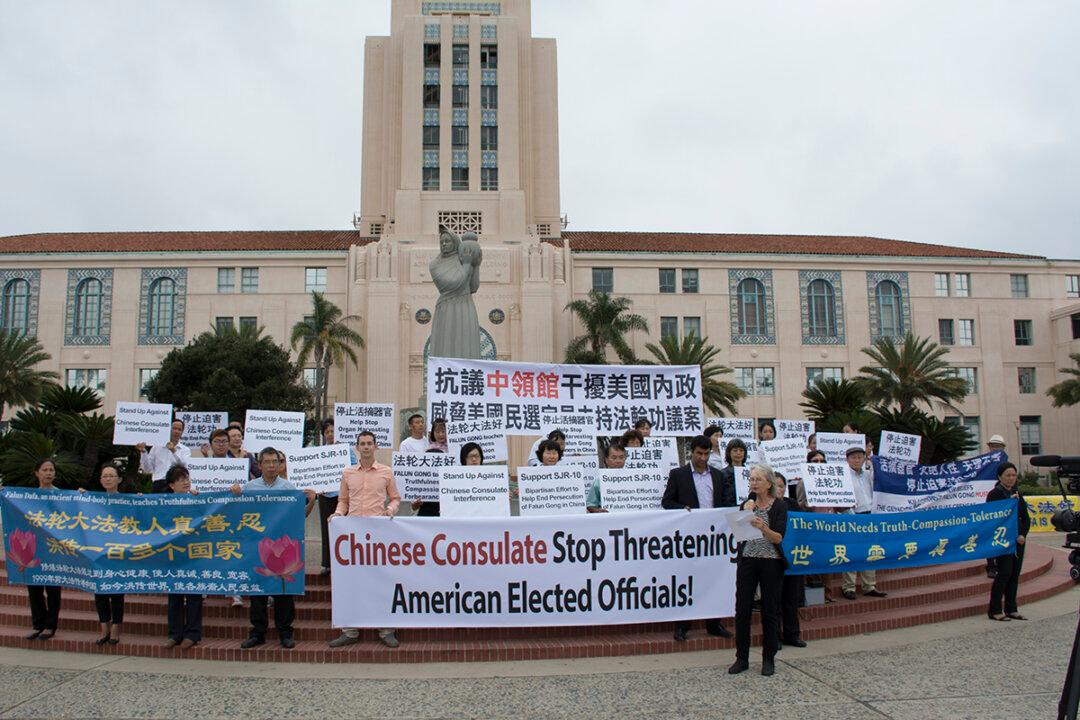Seventy-one years ago on Aug. 15, Japanese Emperor Hirohito spoke for the first time on national radio, announcing to his subjects that Japan would surrender to the Allied forces. The United States immediately accepted and the entire nation breathed a sigh of relief.
Just like that, World War II was over—our boys were coming home.
Decorated veteran George Allen was one of those soldiers eager to return to his family. Now 90 years old, he vividly recalls the harrowing time he spent serving his country over 71 years ago.
“I’m a dummy. I left high school and enlisted when I was 17. I wanted to be an air jockey—to fly airplanes. I thought it was going to be great,” said Allen.
He ended up as a tail gunner on a B-29 bomber—a long-range heavy bomber capable of flying higher and farther than other airplanes used in the war.




